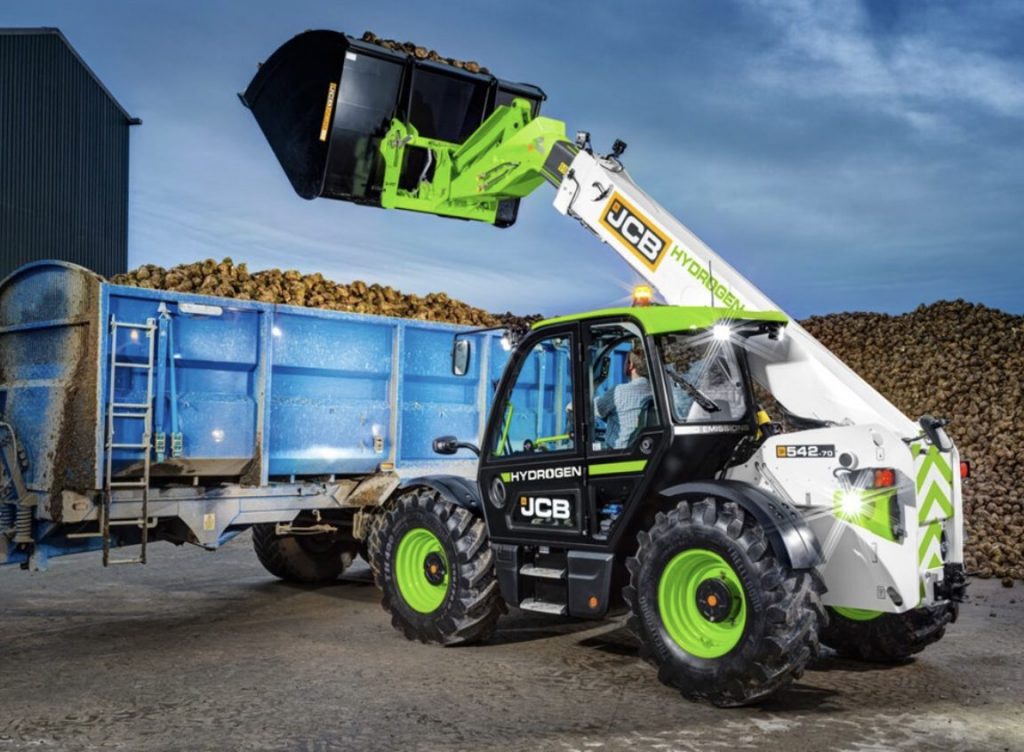The wave of titan companies seeking ever-deeper roles in the rapidly evolving hydrogen industry continues to grow.
Back in November 2022, Rolls-Royce the luxury car and aero-engine manufacturer, and easyJet, achieved a new aviation milestone with the world’s first run of a contemporary aero engine using hydrogen. The partners utilised green hydrogen to power the engine during ground testing on an early concept demonstrator. The accomplishment marked a significant step in demonstrating that hydrogen could be a zero-carbon aviation fuel of the future.
Now Rolls-Royce has announced that it is intending to manufacture green hydrogen at its Friedrichshafen base. The announcement comes as the company revealed on April 17 that it has effectively tested its 250kw fuel cell prototype, and that the technology could, amongst other things, offer non-stop power during a power outage.
Hydrogen fuel cells are efficient and clean sources of energy, as they produce electricity without combustion and emit only water and heat as byproducts. They are used in a variety of applications, including transportation, stationary power generation, and portable electronics.
Last year, Rolls-Royce acquired a share in Hoeller Electrolyser, a developer of electrolysis stacks. The company is creating its standardized mtu electrolysers capable of producing up to 4MW and can increase its capacity to over 100MW. An electrolysis stack produces hydrogen through the electrolysis of water, splitting the H2O into its component parts hydrogen and oxygen. When powered using renewable energy the resulting hydrogen is classed as ‘green’ and can then be stored, transported, or used to power heavy machinery or industrial processes with zero-carbon emissions.
Rolls-Royce’s ‘H2Infrastructure’ financing initiative will support the development of green hydrogen, gradually increasing hydrogen production capacity to 10MW, ample for the advancement of propulsion technology development.

Back in November 2022, Rolls-Royce the luxury car and aero-engine manufacturer, and easyJet, achieved a new aviation milestone with the world’s first run of a contemporary aero engine using hydrogen. The partners utilized green hydrogen to power the engine during ground testing on an early concept demonstrator.
“Our new facilities will cover a large part of the hydrogen value chain – from infrastructure to production, distribution and use.” said Norbert Markert, head of H2Infrastructure project at Rolls-Royce Power Systems.
Director of Sustainability, Technology Strategy & Regulatory Affairs at Rolls-Royce Power Systems Daniel Chatterjee added “The common goal of Rolls-Royce and Hoeller Electrolyser is to develop a solution to produce hydrogen with green energy at low cost and on a large scale.

Pictured: A hydrogen-powered JCB digger. An electrolysis stack produces hydrogen through the electrolysis of water, splitting the H2O into hydrogen and oxygen – if the process is powered using renewable energy the resulting hydrogen is classed as ‘green’ and can then be stored, transported, or used to power heavy machinery or industrial processes with zero-carbon emissions.
The 25kw system Rolls-Royce built in Friedrichshafen and tested over approximately one year met expectations, with the system immediately and consistently providing the requested power during the blackout simulation.
As part of the enerPort II initiative, which is one of the “world’s largest” island ports and is publicly funded, Rolls-Royce announced that its mtu fuel cell system will be employed in Duisport. As soon as 2024, it will then establish a new terminal with a hydrogen-based supply network.
The port will produce the bulk of its electricity and thermal energy from hydrogen on-site using two mtu fuel cell systems and two combined heat and power plants equipped with mtu Series 4000 hydrogen engines.
During recent company tests, the mtu Series 4000 l64 engine, a 12-cylinder gas engine, was operated using 100% hydrogen.
The efforts demonstrate Rolls-Royce’s commitment to implementing hydrogen as a zero-carbon fuel, and as part of its overall business strategy, underscoring its focus on sustainable and environmentally-friendly technologies.
Sustainable aviation fuels (SAFs), while favoured by some because they can be dropped into existing aircraft with few modifications, only reduce carbon emissions by 80% while hydrogen produced with renewable energy creates negligible CO2 and none while being burned or used in a fuel cell.
A study conducted by the Energy Transition Commission, a climate think-tank, suggests that if hydrogen fuel becomes commercially available by 2035, it could potentially account for 32% of the market by 2050.
To learn more about Ryze Hydrogen, click here.






